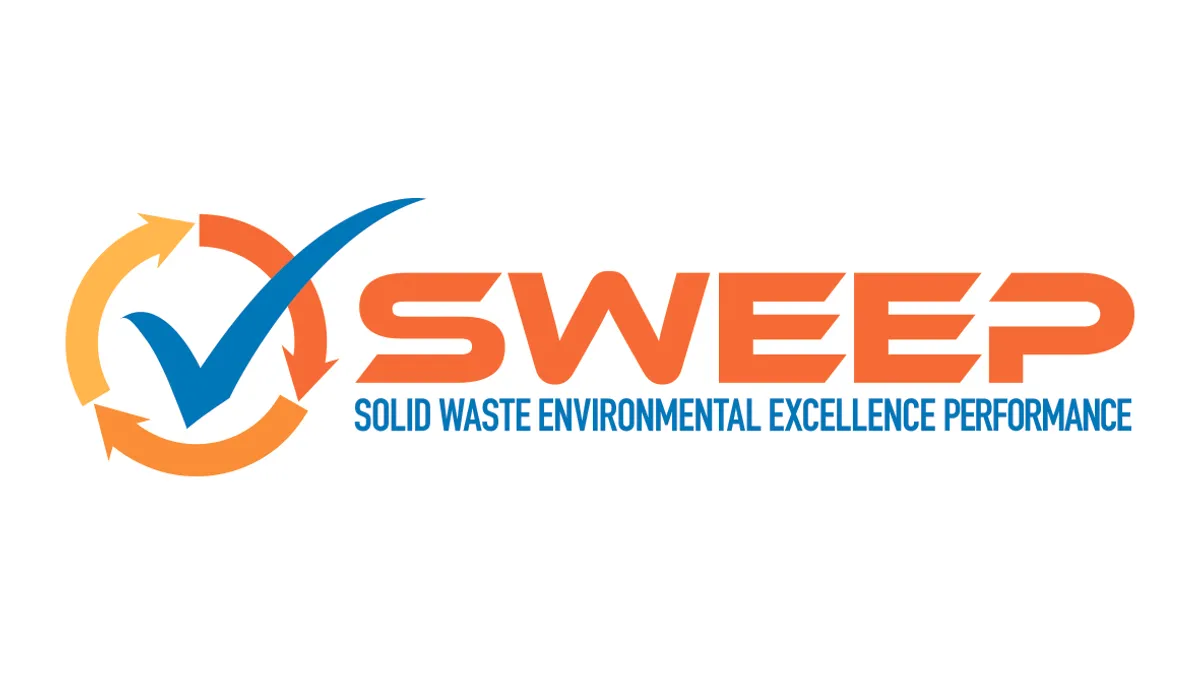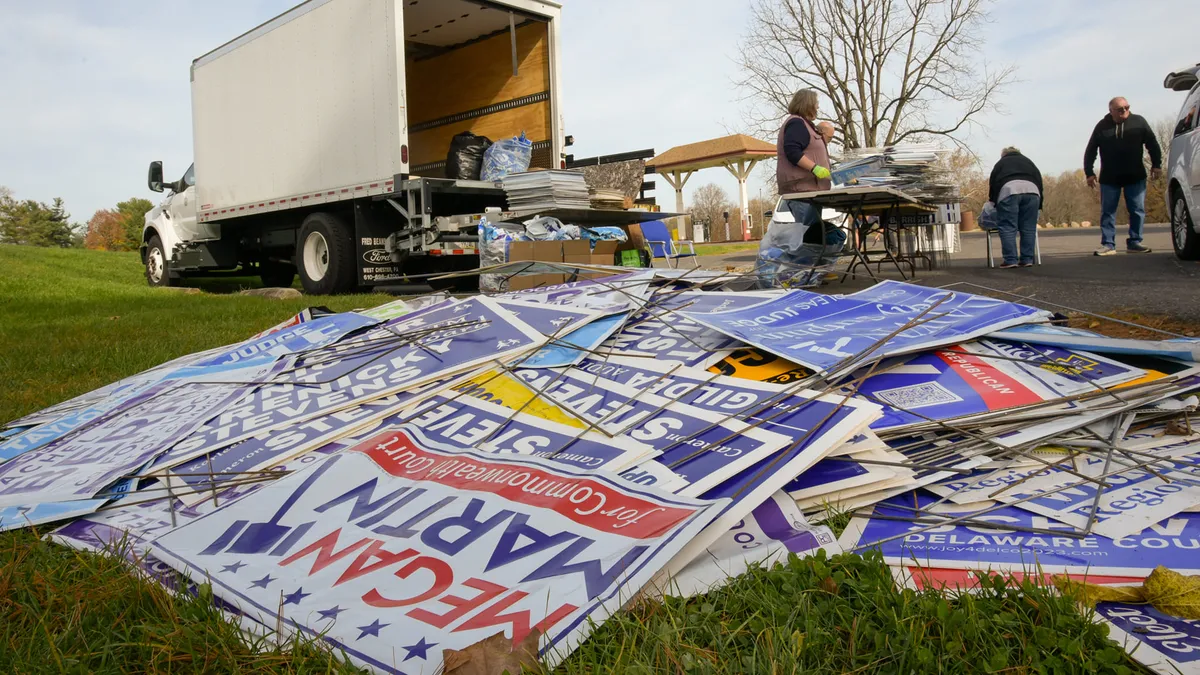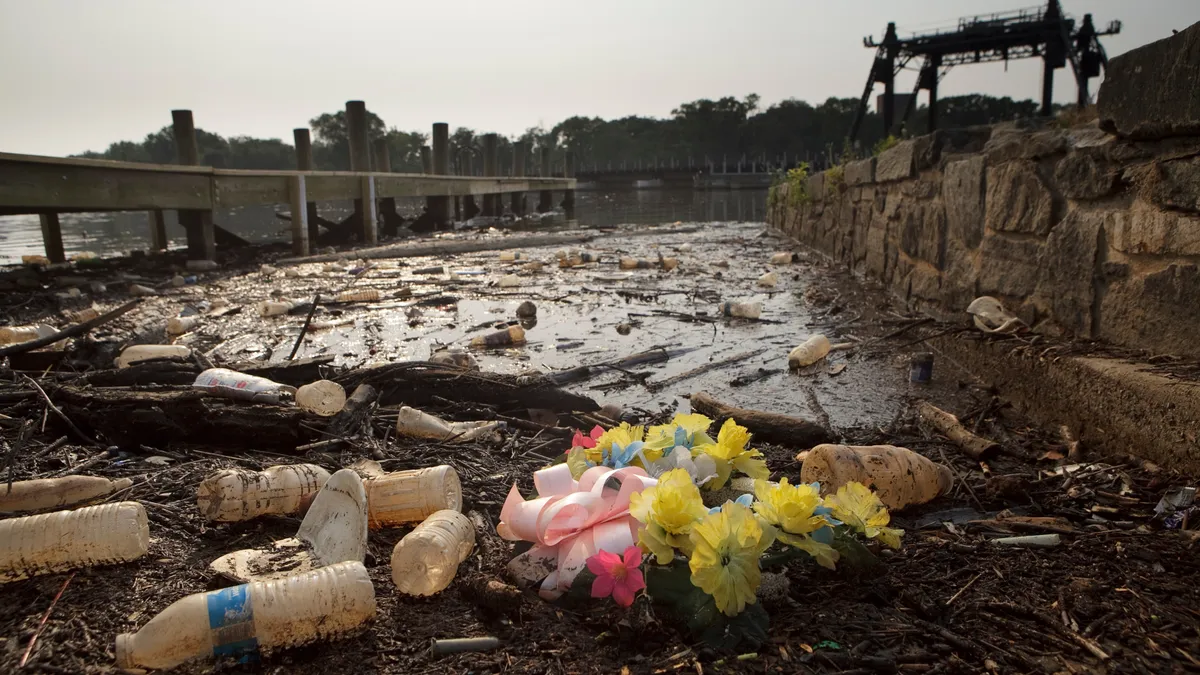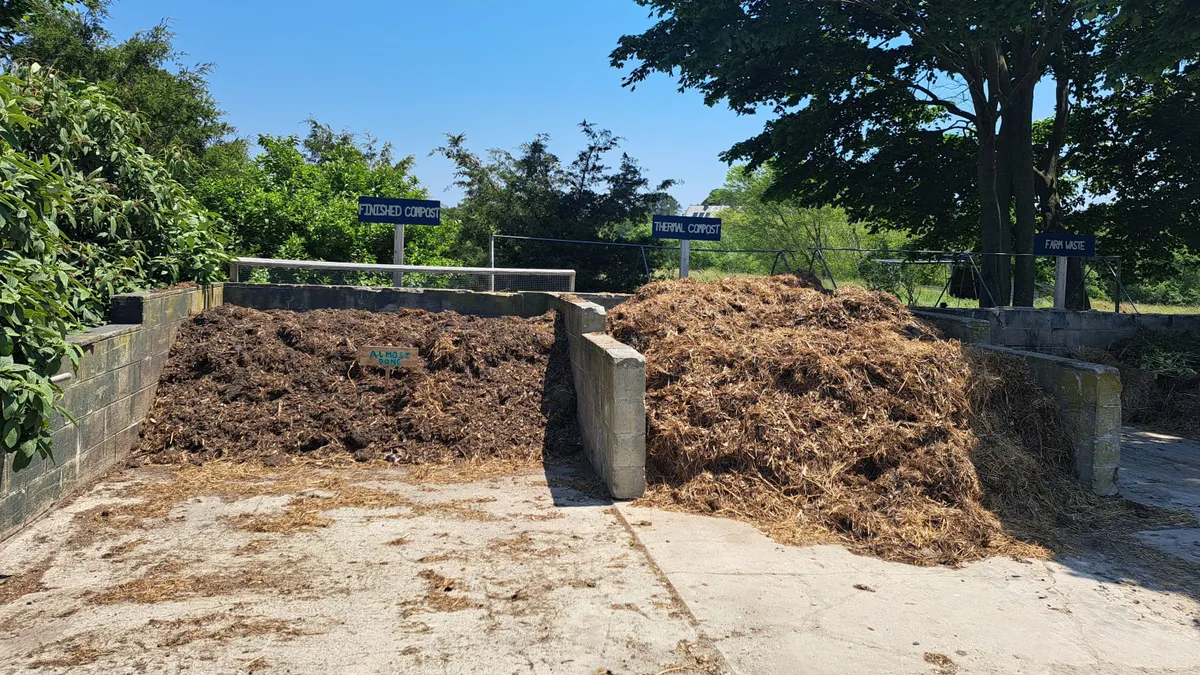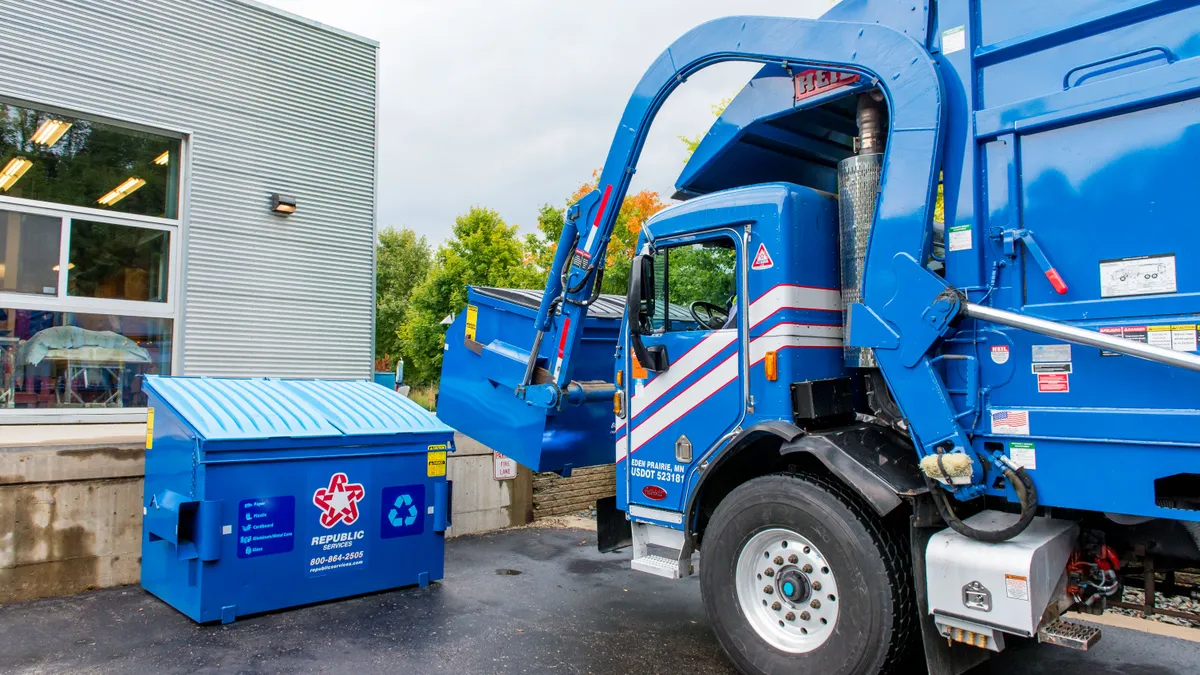For an industry that moves so much material daily, there is a surprising lack of unified data across waste and recycling sectors.
Different definitions make it nearly impossible to compare national tonnage data, diversion rates, environmental benefits or a host of other factors. While many organizations are doing significant work in this area and ideas have been proposed for uniform measurement systems for certain materials, there are no standardized industrywide assessments. The Solid Waste Environmental Excellence Protocol (SWEEP) is being designed to change that.
The Northeast Resource Recovery Association (NRRA) and a steering committee comprising members from Waste Management, the Sustainable Packaging Coalition, Austin Resource Recovery, Waste Business Journal and BlueGreen Alliance, have been working on foundational details for months. Now, they're ready to open up the process and figure out the specifics what a new certification standard for the waste industry could like.
Details are still in the early stages but at its core the vision of SWEEP is to create, "A world without waste where materials are valued and continually utilized for their highest and best purpose, without causing harm to human health and the environment."
Waste Dive spoke with Rob Watson, SWEEP founder and the steering committee’s acting chairman, to learn more about the standard. Watson is also the chief science officer for EcoHub and founder of the LEED green building certification program.
WASTE DIVE: How did LEED inspire the idea for SWEEP, and why does the waste industry need this standard?
ROB WATSON: The big impetus [for LEED] was I asked all these different people what was a "green" building and I didn’t get a single answer. People were using the word "green" as though it meant something and it really didn’t. Similarly, we are at a cusp in the waste management industry. So one of the key things that we need to do is get definitions in place, we need to get performance metrics in place.
What you have is a huge sweep of programs at the state and local level, each with a different definition of success. People basically define success in a way that makes them look good and they declare victory and go home. If we want to be real about solving an important issue — which is the effective and sustainable use of materials in all portions of their lifecycle — we need to move away from the antiquated ton-based evaluation system — which doesn't tell us anything about the economic or environmental performance of the waste management industry — and move into a more life-cycle, material-focused basis. We believe that SWEEP can be a road map for a 21st century sustainable materials management framework.
How do you evaluate the difference between national data being put out by the Environmental Protection Agency versus other sources and how will that affect the SWEEP development process?
WATSON: I think probably their characterizations aren't bad but their volume numbers are almost completely wrong. In the interim, we'll have to use the best data that we can. If EPA data is better in a piece of the equation we’ll use that, if the private sector data is better in a piece of the equation we'll use that. We're going to be seeking web-based input from professionals all over which will then be reviewed and shared and verified and vetted by committee-based experts. As people make contributions they will be invited into the committee to participate more formally. So hopefully we'll be able to have a national network and get perspectives from all different types of jurisdictions — urban, rural, suburban, etc. Get input from companies that only do hauling, companies that only do landfills, companies that are more vertically integrated. We'll get all those perspectives and create a set of standards that can be implemented on a wide basis.
What type of municipality or company would be an ideal candidate for the pilot program?
WATSON: We will actively seek out a range of participants, from large urban municipalities that actually do their own hauling and maybe own their own landfill to smaller jurisdictions that may be less vertically integrated, and then a couple that contract pretty much all of their activity. We've got a couple of companies that have also indicated an interest in being participants. That's part of the reason we went with a broad-based organization like NRRA that covers both industry and municipalities to create a cross-section of potential test cases.
Why would it be beneficial for a municipality or company to become SWEEP-certified?
WATSON: There would be some mutual reinforcement between the municipal standard and the industry standard. We believe that companies that do well and are looking for independent verification of their performance. Having a third-party certification can be very valuable. It's been well-documented that companies that exceed basic environmental standards perform better economically. And so we expect there to be mutual reinforcement that SWEEP municipalities will want to work with SWEEP companies and vice versa, and you'll get credit under each standard for mutually reinforcing.
Could a SWEEP certification help entities receive any type of tax or financial benefits?
WATSON: To the extent that things such as mitigating greenhouse gas emissions from landfills are part of things that get incentivized then it could be that the documentation and analysis done to demonstrate SWEEP certification could be used as part of determining whether a place is eligible. There are certainly ways of integrating incentives, whether they be procedural or administrative incentives. Say you're a SWEEP municipality or SWEEP company, maybe the state environmental agency will put you at the front of the review process for whatever infrastructure it is that you want to do.
Could SWEEP certification play any role in helping to meet diversion or reduction requirements mandated by federal or state governments?
WATSON: We're not a regulator. We are intending to identify and reward programs, whether they be private or public, as having exemplary performance.
What can interested municipalities or companies expect if they get involved in the SWEEP process?
WATSON: We will have two standards under the SWEEP banner. One will be a municipally-focused standard and one will be an industry-focused standard. There will be a great deal of cross-pollination between the two. Each of those standards will have the same [four] performance categories.
[The first one is] Sustainable Materials Management Policies. To what degree are you beginning to frame your approach in a 21st century way as opposed to a 20th century way. So this is rewarding and documenting intent, not necessarily performance. So all action begins with intent, all programs begin with plans and budgets. We want to try and go upstream as well. It’s about preventing waste as well as treating. The next category is called Waste Generation and Prevention. Programs that track waste generation, programs that look at emissions, programs that look at the waste stream. Creating a standardized definition and getting information about it. There will be a very strong educational component and training component. The third category is Collection. Everything having to do with the equipment, the routing, ergonomics and safety. Emissions of trucks and fleets. Then finally there is Post-Collection Processing and Disposal. This will cover everything from recycling to incineration to landfilling. You’ll get credit for good methane capture programs, and energy-efficient material separation at MRFs, and pollution control on incinerators.
What we expect to happen is as the standard evolves less and less credit will be given for doing 20th century things well and more and more credit will be given to implementing 21st century methods. You will be certifiable [under the initial standard] if you do a good job on "business as usual," but you have to probably beat standard practice by a minimum of 10-15% to get any kind of certification. The purpose of the first set of standards is to get people to understand that a new standard is out there and to allow us to build up the infrastructure.
What will it mean to have this kind of standard in place for the industry?
WATSON: There are no standards for environmental performance in the waste industry. There are a lot of good frameworks out there that we can build on, but nothing that really is an actual standard. So that's the gap that we hope to fill. Our idea will be to benchmark against reasonably well-established and documented activities that have already gone through extensive vetting and evaluation processes and say "start here and do better by X."
Based on your experience with LEED, how do you expect the next phase of this SWEEP development process will go from here?
WATSON: Having learned a lot of lessons in that process, knowing sort of what to do and what mistakes to avoid will significantly accelerate the process. There is going to be a natural process of getting acclimated by the industry. That’s just normal. And so hopefully we’ll be able to allow them to participate on their own time until they have sufficient buy-in to participate in a more formal and structured manner.
We look forward to working with municipalities and the industry to create a better future for the industry and the planet.



